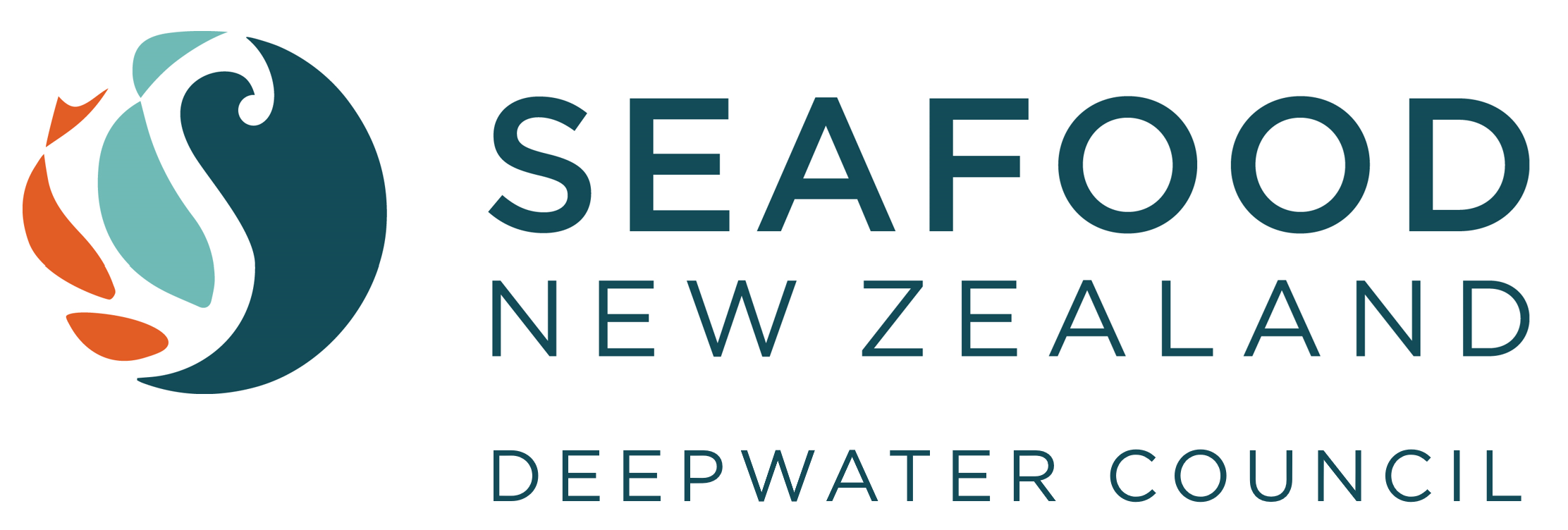6 November 2013
Measures adopted by the seafood industry to reduce sea lion captures in the southern blue whiting fishery have been supported in an independent review by global experts in sustainability.
The measures in place include: real-time monitoring and responses, avoidance of nets on or near to the surface, management of offal discharges, the trial deployment of Sea Lion Exclusion Devices (SLEDs), and underwater video to monitor sea lion behaviour.
Twenty-one male sea lions were caught this past southern blue whiting season off the Campbell Islands in the Southern Ocean. Four of these were released alive.
Deepwater Group CEO, George Clement, says the large numbers of sea lions actively feeding around trawl nets this season took the fleet by surprise.
“In 2012 there were no captures, but we faced a real challenge this year. Our focus is zero captures. We monitor the fishery daily and, when large numbers of sea lions turned up this season, everyone involved worked together to minimise captures. All vessels in the fishery carried Ministry for Primary Industries observers,” he says.
Following these captures, the Deepwater Group called on the Marine Stewardship Council (MSC) auditors, Intertek Moody Marine (IMM) to conduct a special audit.
The auditors found that the southern blue whiting fleet is complying with the sustainable fishing obligations required by MSC certification. Auditors can impose conditions or suspend the certification as a result of new information or events, but did not consider either to be necessary.
The auditors recommended further research to establish why so many sea lions joined the fleet this year and what additional measures might further reduce the risk of interactions.
IMM reported that they found the current mitigation strategies are “being implemented successfully”; they approved of the comprehensive briefings and monitoring of the crews; and noted the “management responsiveness to the event was timely and appropriate”.
IMM also recommended that any refinements to the Sea Lion Exclusion Devices (SLEDs) to better suit the southern blue whiting fishery should be investigated, after their successful use in the Auckland Island squid fishery in recent years. SLEDs were trialled in the southern blue whiting fishery this season after captures began.
George Clement says it is reassuring to have the independent auditors’ report, and to have independent confirmation, that the measures and real-time response processes are on the right track.
“The auditors asked for a post season review to assess what else could have been done and to assess the benefits of using SLEDs in this fishery. Deepwater Group and the Ministry for Primary Industries have commenced this review and will be inviting consultation with other parties,” he says.
ENDS
